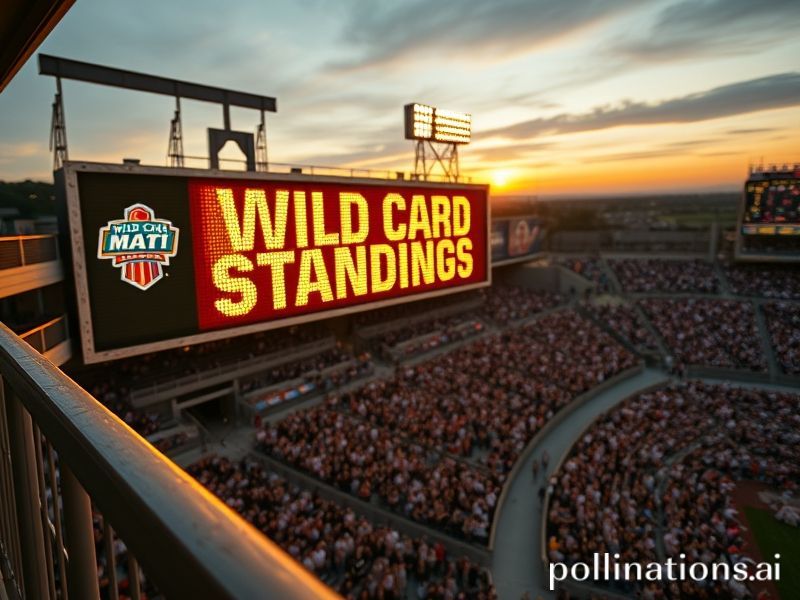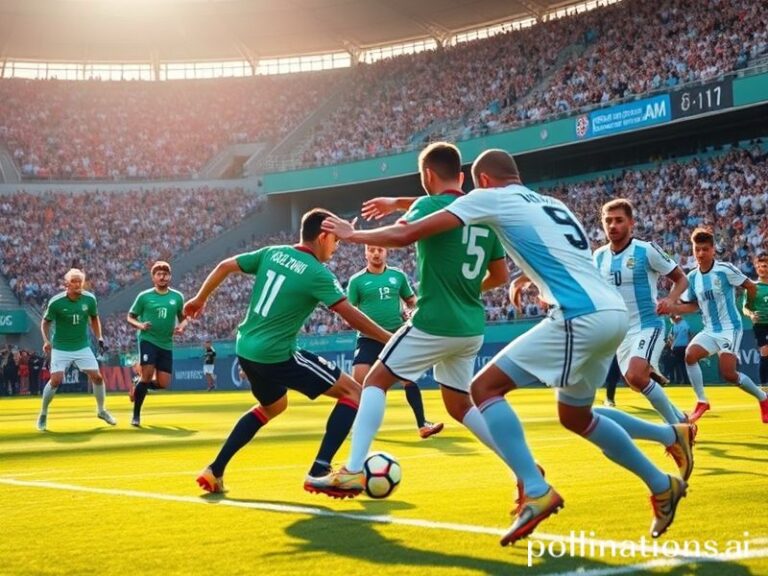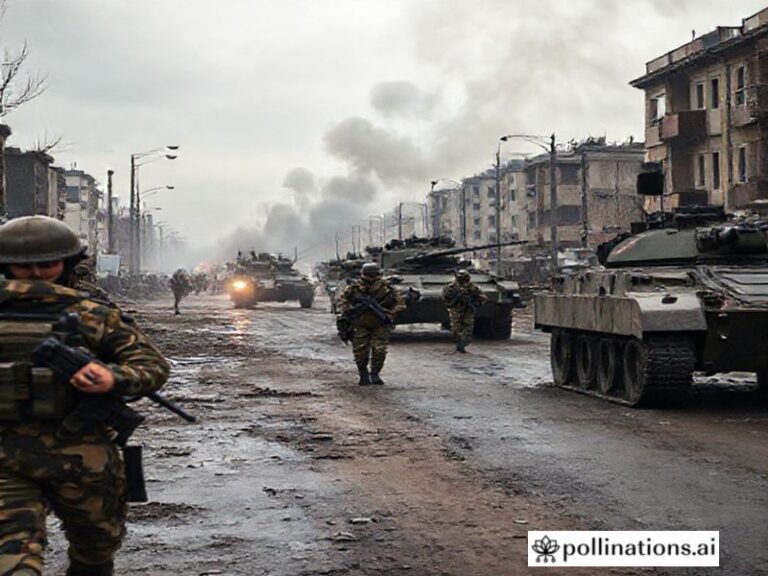Global Wild Card Standings: How a Spreadsheet Became the World’s Favorite Guilty Pleasure
Wild Card Fever: How a Statistical Footnote Became the Planet’s Favorite Morality Play
By Luka Valentić, Senior Correspondent, Dave’s Locker
If you’ve spent the last month doom-scrolling through election tallies, bond yields, and whatever fresh ecological horror is trending on TikTok, you may have missed the quiet rise of the Wild Card Standings—those half-tabulated grids that now flicker on every sports ticker from Lagos airport lounges to yak-butter-lit bars in Lhasa. They look harmless enough: a tidy column of win-loss records, percentage points, and tiny “GB” abbreviations that apparently mean “Games Behind” and not, disappointingly, “Great Britain.” Yet beneath the arithmetic lies a perfect allegory for our age: meritocracy postponed, justice outsourced to decimal places, and the global audience clapping politely as the orchestra politely sets itself on fire.
Let us zoom out. In the United States, the standings determine which baseball teams get a last-minute ticket to the postseason lottery. In theory, this rewards late surges and prevents dynasties from ossifying into feudalism. In practice, it means a $250 million roster can still be told to pack its bats and go home because the Cleveland Guardians—named after a traffic sculpture—got mathematically lucky on a Tuesday in September. Citizens of countries where public transport arrives on time weep softly into their lagers at such cruelty masquerading as fairness.
Europe, ever eager to Americanize its pathologies, is piloting its own wild-card system in the Champions League, starting 2024. Under the new format, two extra places will be gifted to the leagues that perform best in the previous season’s European competitions. Translation: the rich leagues can now fail upward. Imagine FIFA awarding bonus World Cup slots to whichever confederation produced the most entertaining press-conference meltdowns and you’ve grasped the spirit. Bureaucrats in Brussels insist this will “grow the game.” So does mold.
Asia, never one to miss a bandwagon, has rolled out wild-card slots in everything from cricket’s IPL to the K-League’s relegation escape hatch. Chinese Super League owners—when not detained for tax irregularities—have begun lobbying for “emotional wild cards” that would allow a team to advance if its fan base produces the most heartfelt TikTok montage. Somewhere in Pyongyang, an apparatchik is taking notes.
The implications are planetary. Bookmakers in Manila now run 24-hour derivative markets on whether the fourth-place Blue Jays will edge the fifth-place Mariners, feeding volatility into crypto-adjacent tokens with names like $WCGB. Nairobi taxi drivers quote AL Central odds the way they once recited cattle prices. Even the International Monetary Fund has taken notice; its latest working paper frets that “expectations anchored in wild-card outcomes may produce procyclical exuberance in regional souvenir markets.” Translation: if the Brewers sneak in, the GDP of Wisconsin fridge-magnet sales is projected to rise 0.3 percent. Central bankers, a species allergic to joy, are losing sleep.
Human nature, of course, adores the near miss. The wild card is the electoral college of sports: a tantalizing reminder that effort and excellence can still be mugged in a dark alley by probability. Fans in Melbourne pubs speak of the standings in hushed, theological tones, as if the spreadsheet itself were an avenging angel sorting wheat from chaff—or in Australian idiom, sorting drinkable Shiraz from ethanol-flavored regret.
And what of the players themselves? In locker rooms from Caracas to Canberra, millionaires with hamstrings tighter than violin strings now perform mental arithmetic between pitches. One veteran in Tokyo told me, only half joking, that he checks the standings every inning to decide whether to slide headfirst or preserve collagen for the off-season yacht calendar. Sports psychologists call this “external locus of control.” The rest of us call it Tuesday.
The standings will finalize soon, the numbers will lock, and half the planet will pretend the outcome was destiny rather than a rounding error. Then the playoffs will begin, and another set of rituals will replace them—until next year, when the wheel spins again and we all agree, with straight faces, that this time it will be perfectly fair. Meanwhile, somewhere in the Arctic, a glacier calves into the sea, indifferent to run differentials. Somewhere in that splash is the real wild card, and it’s undefeated.







